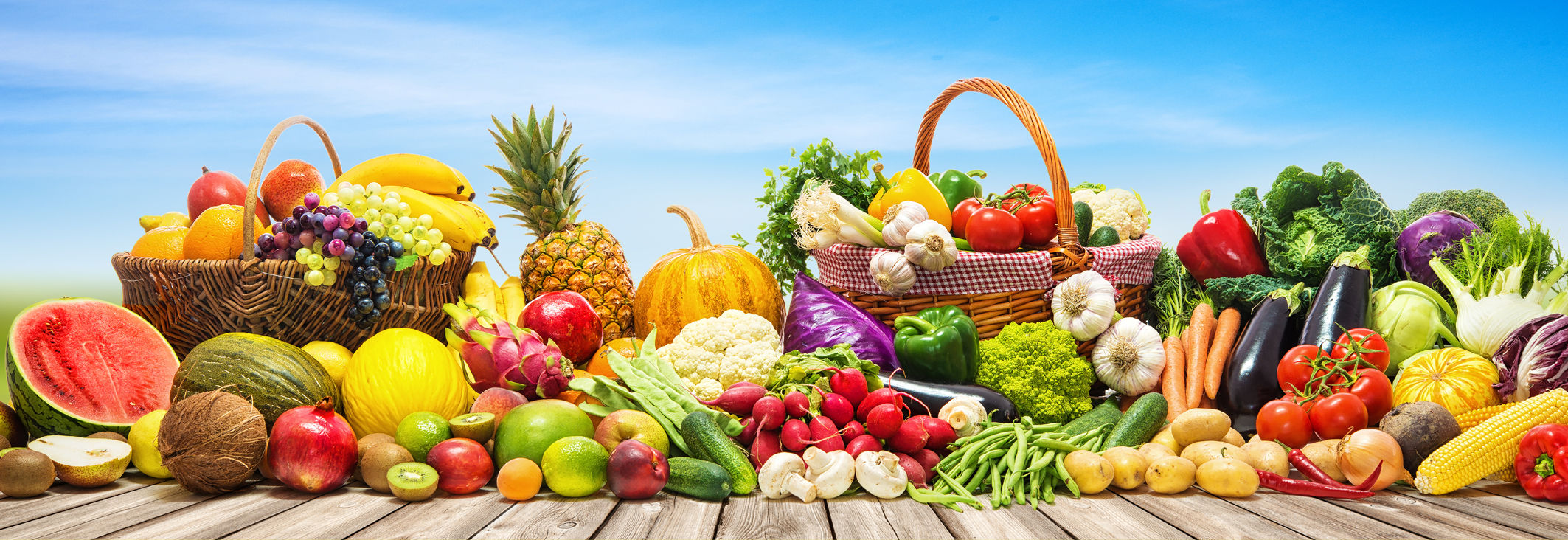
Most nutritionists, dieticians, and even physicians agree that consuming a healthy, well-balanced diet is essential to good overall health. And this includes eating plenty of vegetables. This assertion has been echoed by the Food and Drug Administration (FDA), which recommends that, in addition to fruit, adults consume at least five servings of vegetables per day.
Of course, even as adults, many of us are still not too keen on adding more or even any vegetables to our dinner plates. According to Jo-Ann Carson, chair of the American Heart Association nutrition committee and a professor of clinical nutrition at UT Southwestern Medical Center, the average American adult consumes less than half of the recommended daily amount of vegetables to support good health. That said, let’s take a deep dive into the benefits that come with adding more broccoli, spinach, kale, and the like to one’s diet.
What You Should Know About Vegetables
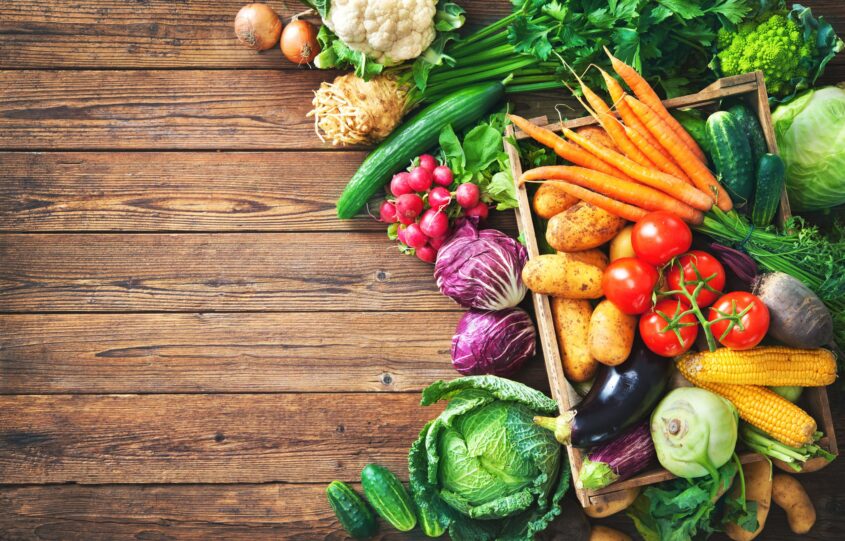
When it comes to vegetables, there are a few things worth noting. Firstly, they are not all green; some of them are red, yellow, orange, and other beautifully rich colors that are as much a treat for the eyes as they are for your taste buds. Second, all vegetables, regardless of color, contain a fair number of healthful vitamins and minerals, not to mention fiber, which not only supports digestive health but also keeps you regular.
15 Nutrient-Dense Vegetables You Should Start Eating Today
While eating more vegetables, in general, is essential to good health, some are nutritionally better than others. To substantiate this claim, let’s look at 15 of the most nutrient-dense vegetables available at most local grocery stores and farmer’s markets:
Spinach
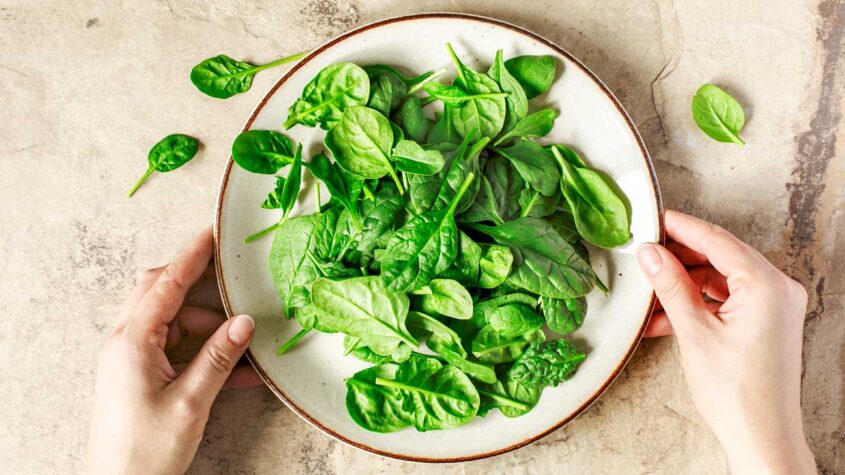
This leafy, green vegetable is rich in vitamins, iron, and calcium, all of which help improve muscle and nerve function while contributing to strong, healthy bones. Spinach also contains antioxidants that combat free radicals linked to certain cancers. And for those trying to achieve or maintain a healthy weight, you will be happy to know that raw spinach is made up almost entirely of water and contains only seven calories per uncooked cup.
Kale
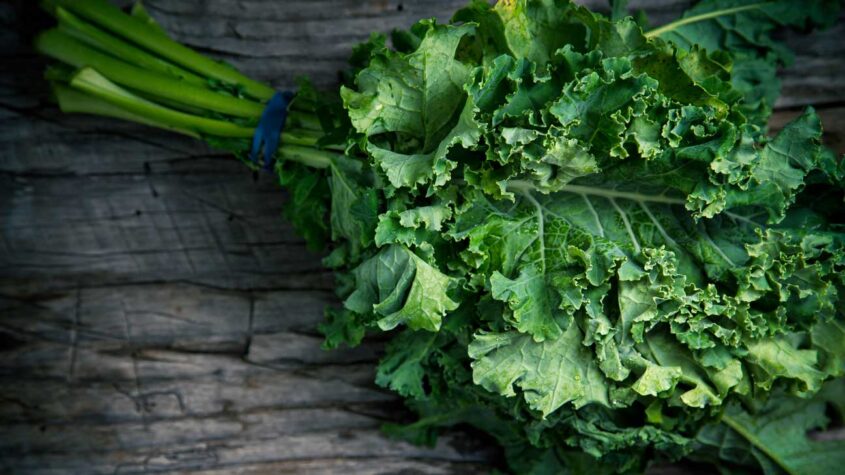
Like spinach, kale contains about seven calories per cup and is chock-full of vitamins and nutrients. For context, one cup of raw kale provides 25 percent of the recommended daily intake of vitamin K and a considerable amount of vitamins A and C. Among other things, adding kale to your diet can reduce bad cholesterol, also known as LDL, by as much as 10 percent while increasing good cholesterol, HDL, by about 27 percent. The positive impact that kale has on LDL and HDL can significantly reduce cardiovascular disease risk.
Broccoli
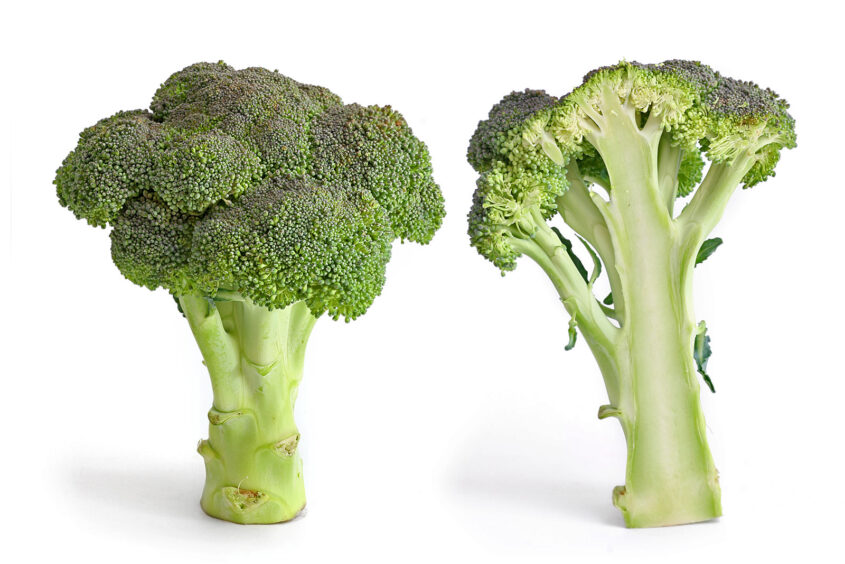
Although more calorie-dense than spinach and kale, one cup of broccoli provides the full recommended daily intake of vitamin K. What’s more, one cup also provides twice the recommended daily information of vitamin C. According to multiple studies, the vitamins in broccoli can help protect against breast and of cancers.
Sweet potatoes
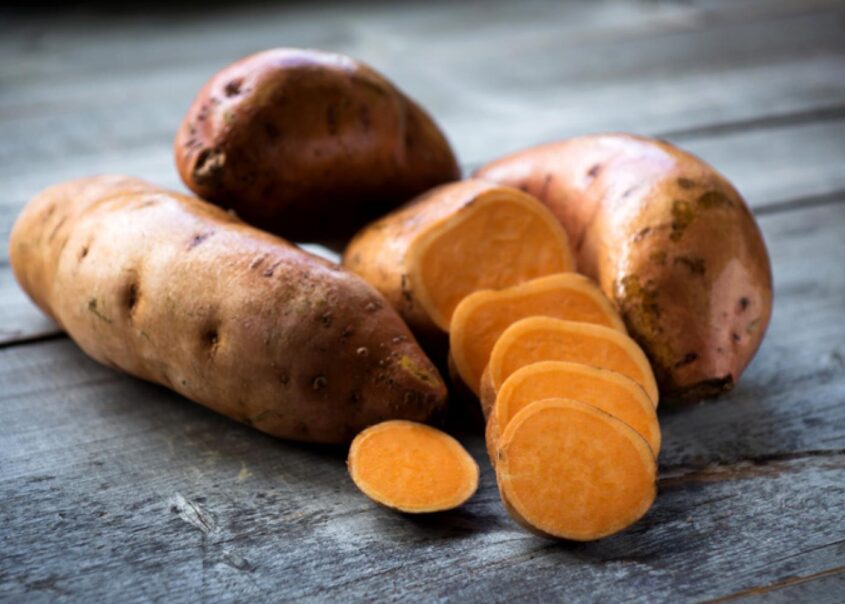
While seldom thought of as vegetables, sweet potatoes, along with introducing a pop of color to your dinner plate, contain nearly as many vitamins and nutrients as some green, leafy vegetables. Some of these vitamins and nutrients include vitamins A and C, beta-carotene, and potassium. Collectively, these vitamins and minerals help balance blood glucose levels, improve eye health, and keep certain cancers at bay.
Peas
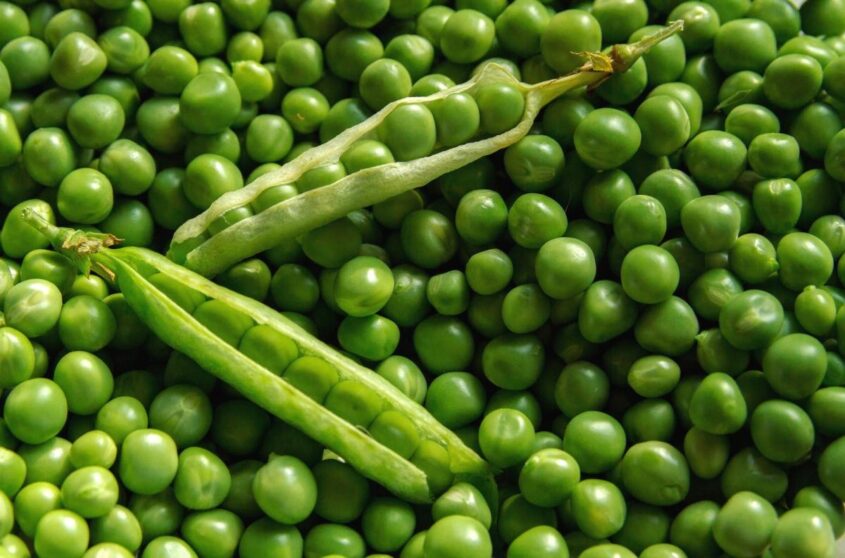
Also known as legumes and available in a plethora of colors, peas are starchy vegetables that contain nine grams of protein and fiber, respectively. They are also rich in vitamins A, B, C, K, and fiber. According to nutritionists and dieticians, the fiber in peas can help improve digestive health by ensuring regular bowel movements. Meanwhile, vitamins A, B, C, and K all contribute to better overall health.
Beets
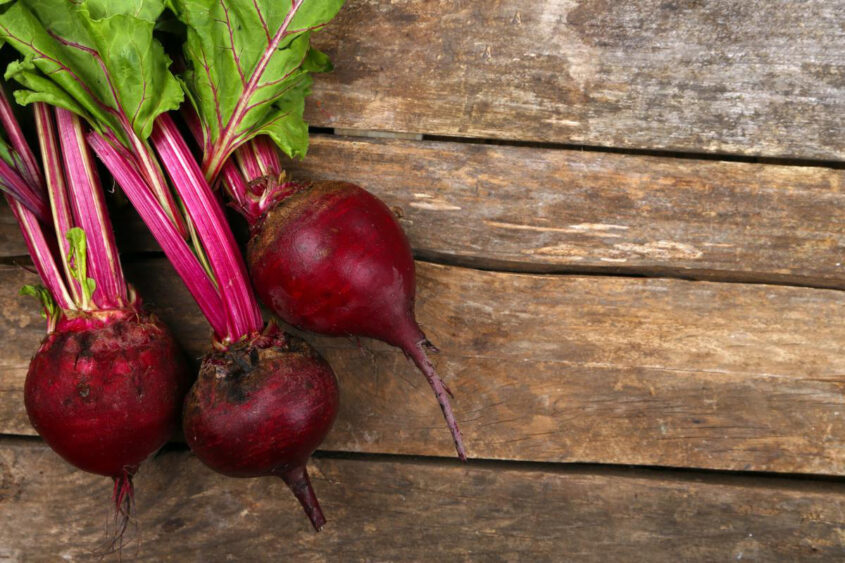
These dark, crimson-colored vegetables are rich in potassium, folate, and antioxidants, all of which can help lower high blood pressure.
Carrots
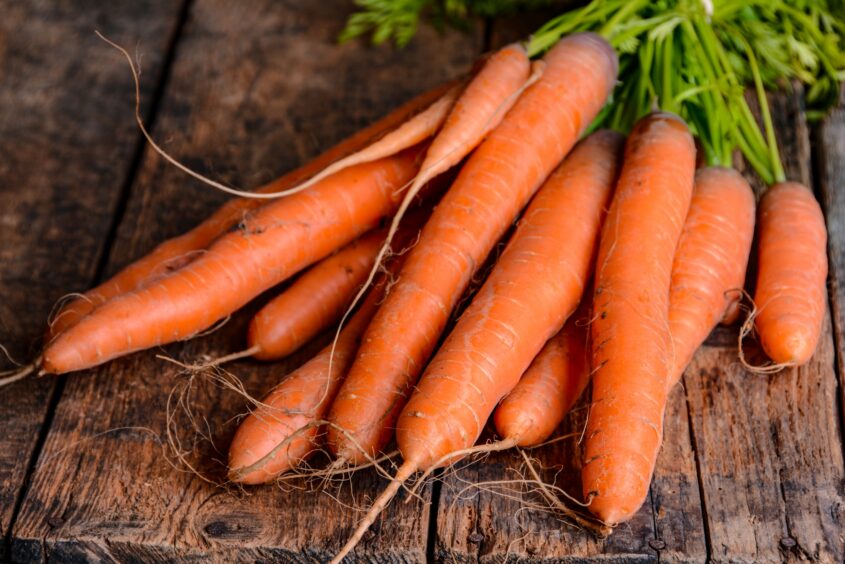
Available in orange, purple, yellow, red, and white, carrots are an excellent beta-carotene source, which is known to help improve eye health while protecting against certain cancers.
Onions
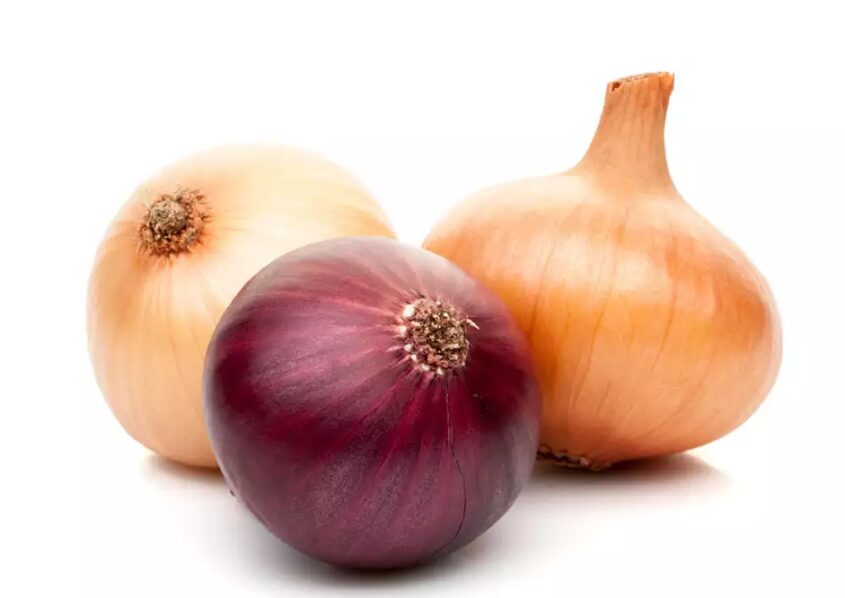
Like garlic, onions are another one of the many allium vegetables that are nutrient-dense and offer significant protection against prostate, stomach, and esophageal cancer when consumed regularly. For reference, a single cup of raw onions contains manganese, vitamin C, and vitamin B-6.
Bell peppers
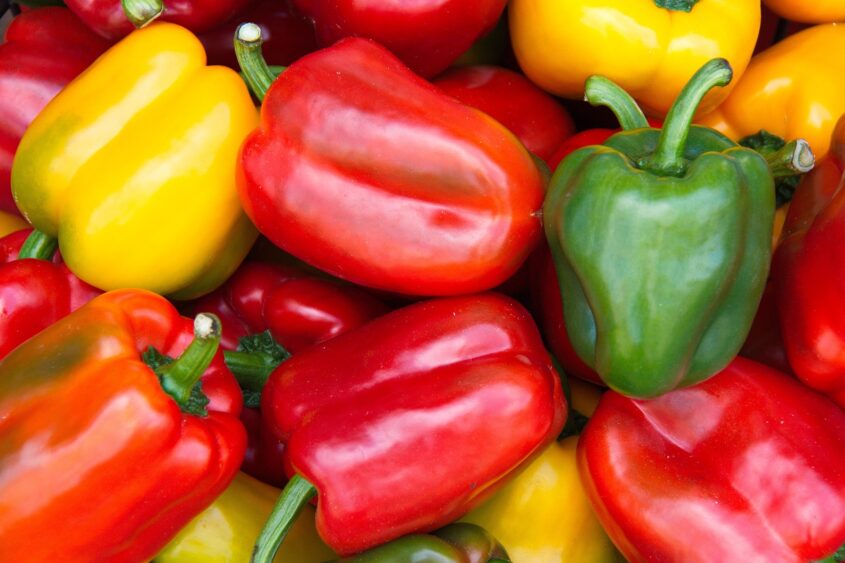
Available in red, yellow, or green, bell peppers contain folate, vitamins C and B-6, and beta-carotene. Studies show that a diet that includes bell peppers can improve eye health, reduce the risk of developing certain cancers, and boost the immune system.
Cauliflower
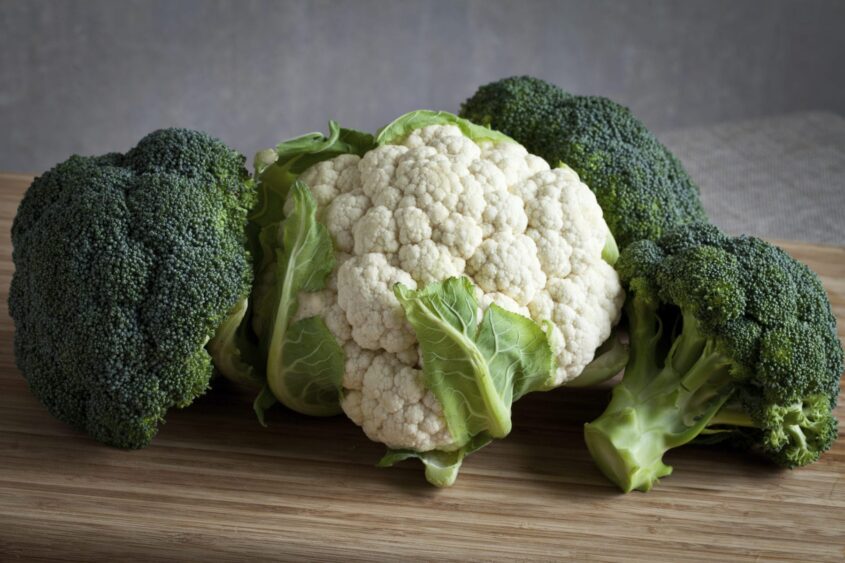
If you struggle to achieve or maintain a healthy weight, cauliflower is worth making part of your diet. The fiber in these cruciferous vegetables ensures regular bowel movements, which, in turn, leads to better overall digestive health. The combination of these two things makes it significantly easier to achieve or maintain a healthy weight.
Seaweed

While it may not sound particularly appetizing, certain types of seaweed, such as nori and kelp, for example, are good for your health as they are rich in omega-3 fatty acids, which can alleviate joint pain and improve joint mobility.
Alfalfa sprouts
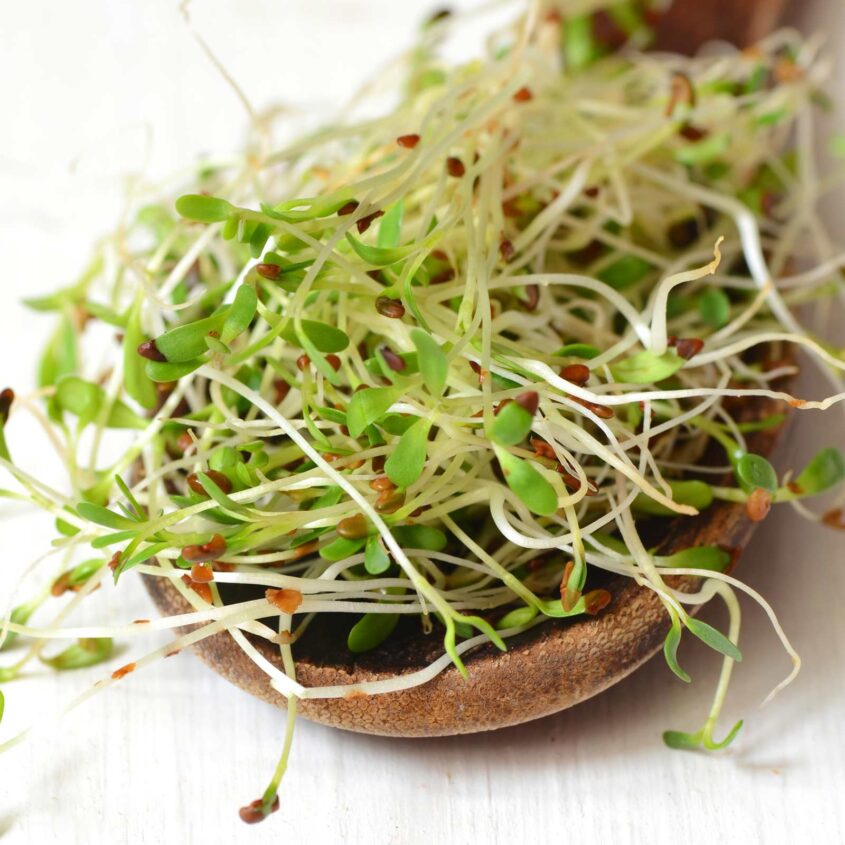
Native to the alfalfa plant, alfalfa sprouts are rich in vitamin K, which is essential for healthy bones. They also contain flavonoids, phytoestrogens, saponins, and other plant compounds that support good overall health.
Garlic
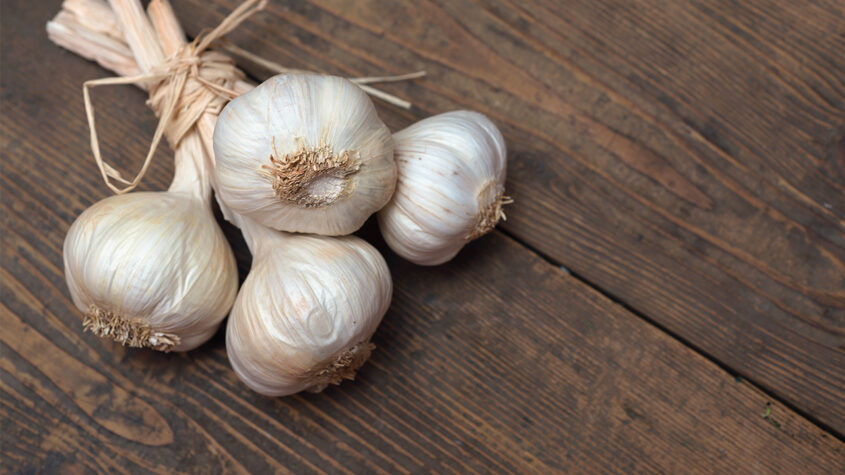
Along with adding flavor to your favorite dishes, garlic contains a compound known as diallyl sulfide that acts as a natural antibiotic to keep the body healthy.
Sauerkraut

While many people enjoy the taste of sauerkraut on hot dogs, there is a lot more to this fermented vegetable than most realize. In short, sauerkraut, like other fermented foods, are rich in probiotics. Multiple studies show that adding probiotic-rich foods to one’s diet can significantly improve gut health.
Tomatoes
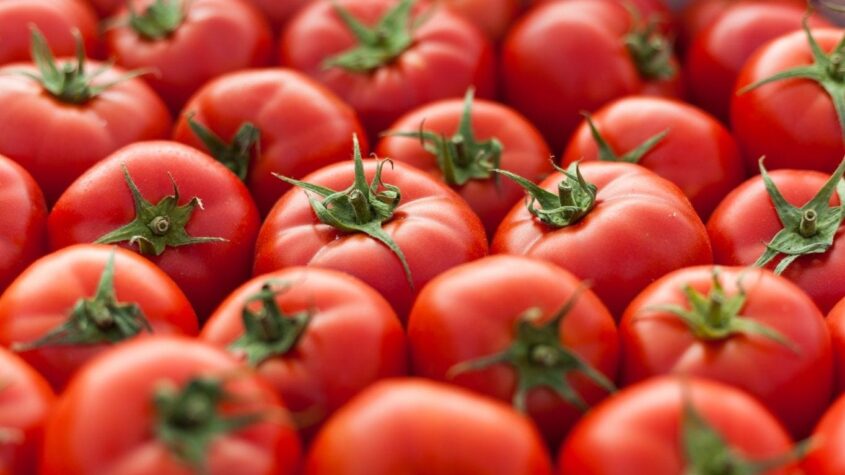
While the unassuming tomato is technically some fruit, it is still worth mentioning since many people mistake it for a vegetable anyway. Technicalities aside, tomatoes are rich in potassium and vitamin C. They also contain lycopene, which protects against prostate cancer, and lutein and zeaxanthin, supporting good eye health.
Bottom Line
In summary, adding more vegetables to your diet can improve your health in more ways than one. Of course, for some people, doing so is easier said than done. This is either because they don’t enjoy the taste of vegetables or don’t eat enough to meet their recommended daily intake. In either case, dietary supplements, including those available through Balance of Nature, make it easy to get the five servings vegetables per day recommended by the FDA. While it is better to supply your body with nutrients derived from whole foods, dietary supplements can go a long way toward ensuring you get enough of the vitamins and minerals that are essential to good overall health.











